We have set out to decarbonise the technology lifecycle by pioneering innovative circular processes
n2s are industry leaders in sustainable IT asset management solutions revolutionising how organisations dispose of end-of-life technology. We are determined to tackle the problem of electronic waste (e-waste); one of the Earth’s fastest-growing environmental issues.
n2s is collaborating with some of the most recognisable brands and regulatory bodies to make change happen and drive circularity throughout the IT supply chain.





1
We can recover all of your unwanted technology and carry out de-installations. Our recovery services will allow you to free up space negating the need to store old equipment.
We can also provide many of our services at your location. Our mobile HDD shredder allows us to provide on-site data destruction, which will allow you to witness the process first-hand.
2
At n2s, we adhere to the European Waste Hierarchy and prioritise the reuse of devices. Whether it’s the IT equipment from a decommissioned data centre or a mobile device, we refurbish, redeploy or recycle every asset.
Our refurbishment facility in Reading revitalises and data cleanses all devices before resale. By adopting a sustainable approach to technology lifecycle management, we help your business recover the highest residual value from legacy IT while reducing carbon emissions.
3
We consider end-of-life technology as a valuable resource, not e-waste. For devices that cannot be reused or are beyond economic repair, we employ sustainable recycling processes.
From our state-of-the-art recycling facilities, which house advanced equipment including PCB and cable granulators, we can process large quantities of equipment. All materials used in the production of devices are recovered and reintegrated into manufacturing streams.
4
E-waste contains precious materials including high-grade copper, silver, gold, platinum and palladium, which are critical to the continued production of modern technology.
Sustainably mining and recycling the common metals that are found in e-waste is a huge environmental opportunity and the recovery of these elements back into the supply chain is critical on the path towards a circular economy.
We have pioneered a process using biotechnology, which harnesses the power of naturally occurring bacteria to enable the recovery of precious metals in a more sustainable way.
5
As new environmental laws emerge, businesses will hear more about scope 3 emissions and the need to reduce them. They will be required to provide metrics showcasing their scope 3 emission reduction efforts. Our services are designed to help your business reduce the scope 3 emissions associated with your entire IT estate.
We offer an environmental report at the conclusion of each project, which highlights key metrics including material recycled and saved from landfill, and litres of water and tonnes of CO2e avoided. These reports enable our clients to share their contributions to sustainability and the circular economy with stakeholders.
Our aim is to redefine IT Lifecycle Management and pioneer innovation to support the principles of a circular economy.
We have created a robust and auditable approach to every stage of the lifecycle that ensures information security and brand protection, mitigates risk and optimises the recovery of rare materials.
E-waste is one of the fastest-growing environmental issues facing the world today. According to the UN, more than 50 million tonnes of e-waste is produced each year globally and only 20% of this is ethically recycled.
If nothing is done, this will more than double by 2050, to 120 million tonnes (World Economic Forum report, 2019). In the UK alone, 1.5 million tonnes of e-waste are generated annually.
We enable businesses to have a sustainable approach to their IT asset management by enabling and measuring the reuse, resale or recycling of IT equipment.




Through our services, we aim to extend the life of technology and help companies to reach their sustainability goals. Employing urban mining methods for precious metal recovery, we prevent valuable materials from being discarded and extend the life of technology equipment with the aim of decarbonising the footprint of technology.
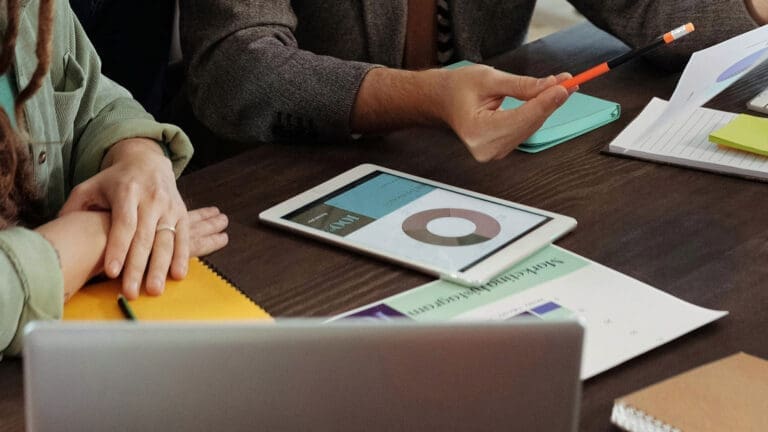

Though we are fully behind all 17 goals, there are four that are particularly relevant to our business:
Printed circuit boards (PCBs) can contain up to 40 precious and rare earth metals, all of which are reusable. As part of our commitment to innovation and sustainability, we have pioneered a process using biotechnology to recover these metals in a completely non-toxic and sustainable way.
Alongside our sister company Bioscope Technologies, we have been working in partnership with Coventry University to develop Bioleaching. The basis of Bioleaching is to use naturally occurring bacteria to oxidise and recover precious and rare earth metals from PCBs.
Traditional methods of recovering materials from e-waste involve heat and toxic chemicals. Bioleaching is completely non-toxic and sustainable, uses innovative mechanical separation techniques and is carried out at room temperature. This process is as close to zero emissions as possible, without offsetting.
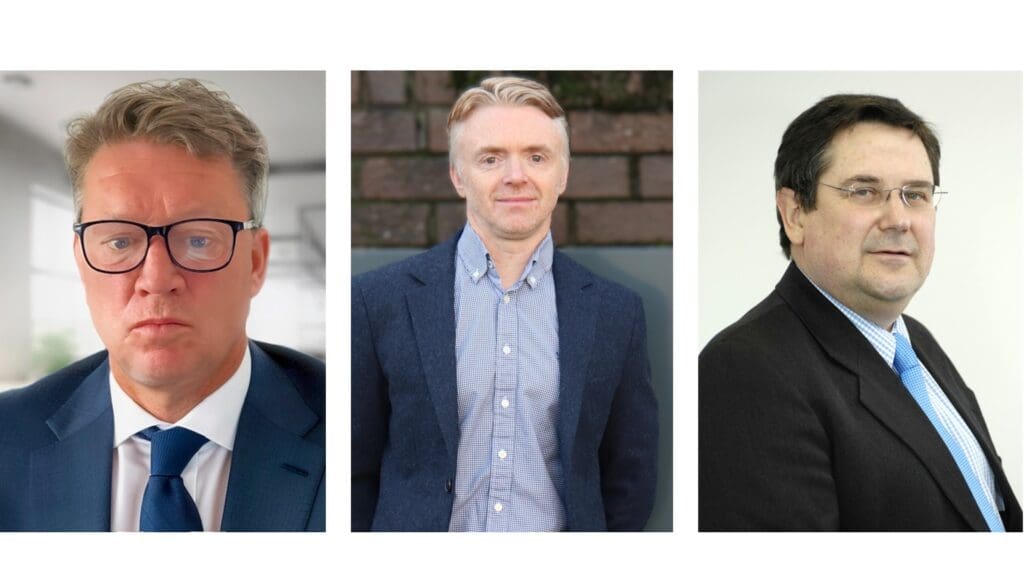

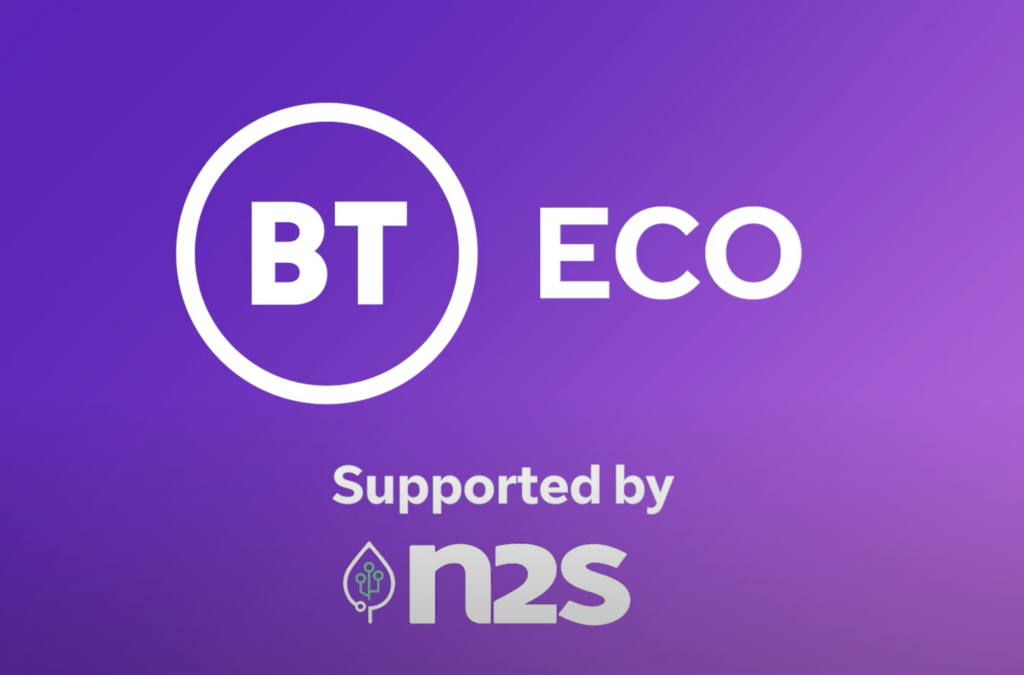
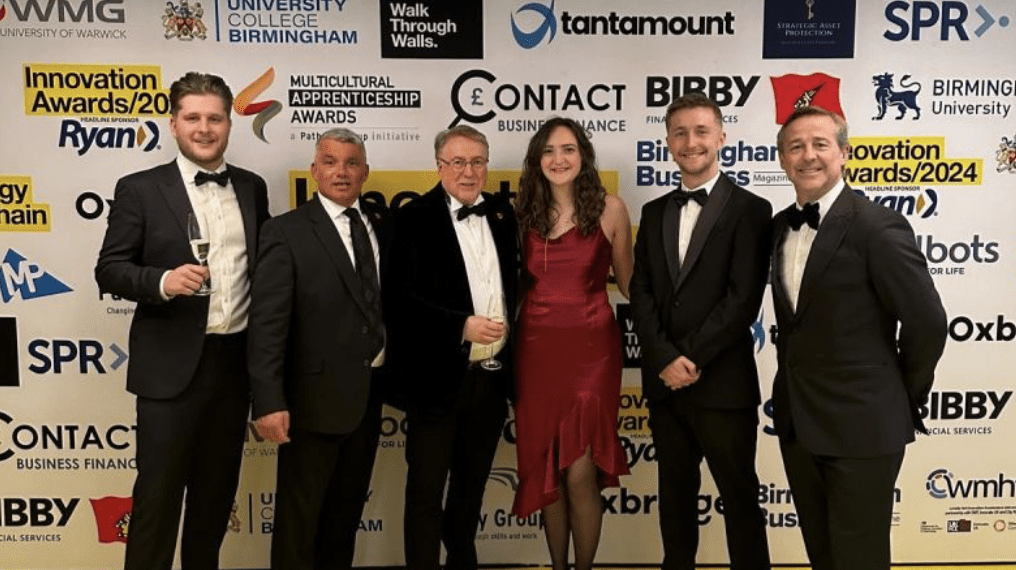



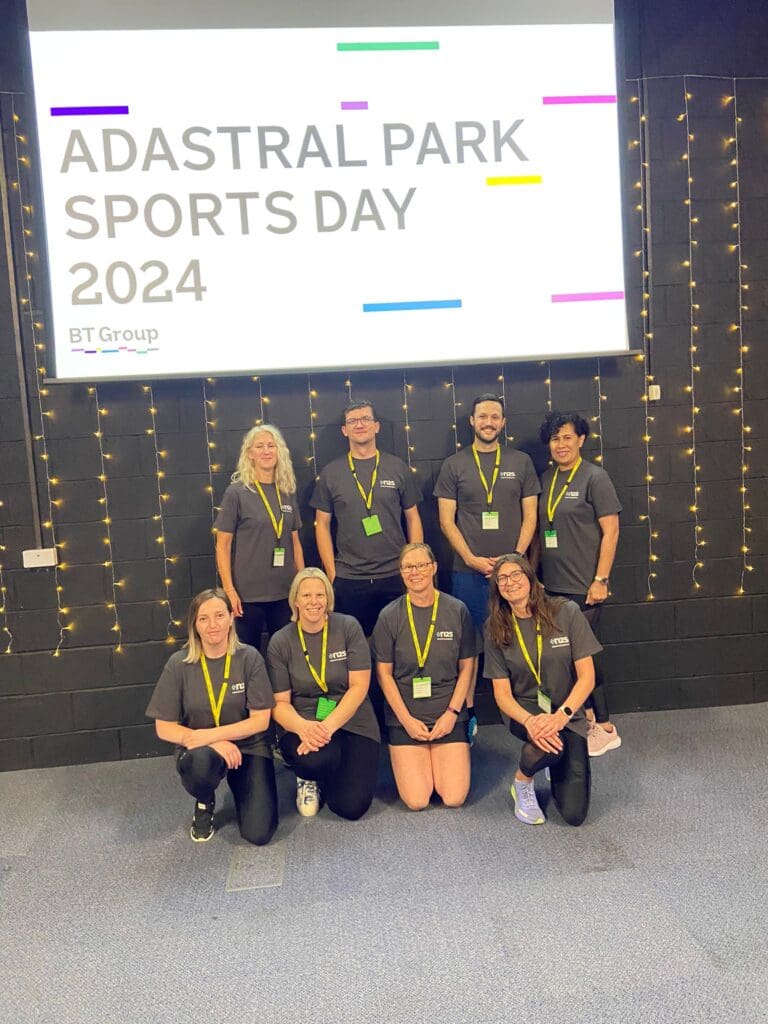

















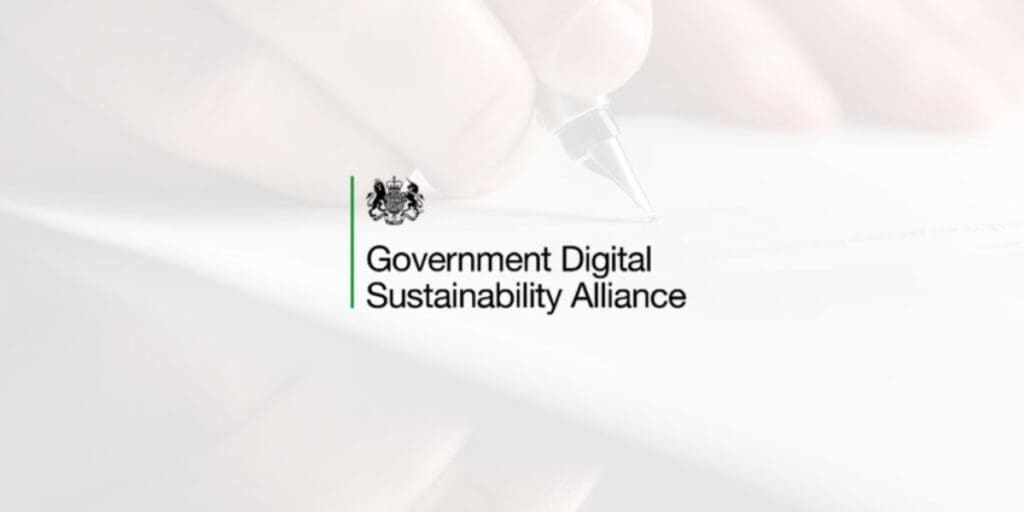



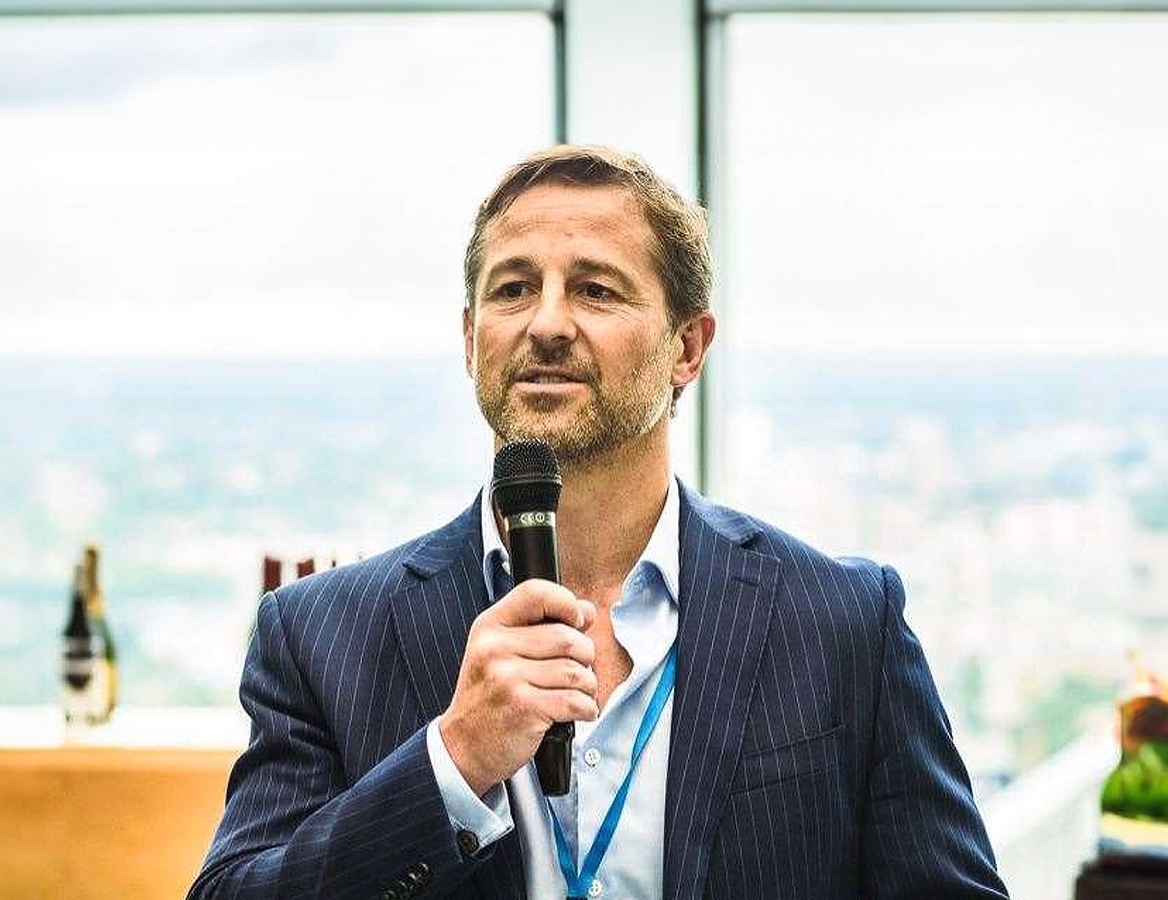
Lorem ipsum dolor sit amet, consectetur adipiscing elit. Ut elit tellus, luctus nec ullamcorper mattis, pulvinar dapibus leo. Consectetur adipiscing elit. Ut elit tellus, luctus nec ullamcorper mattis, pulvinar dapibus.